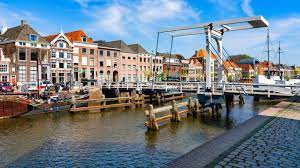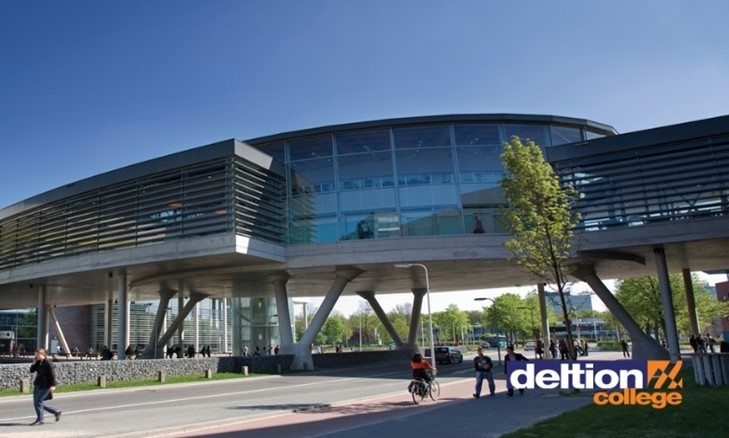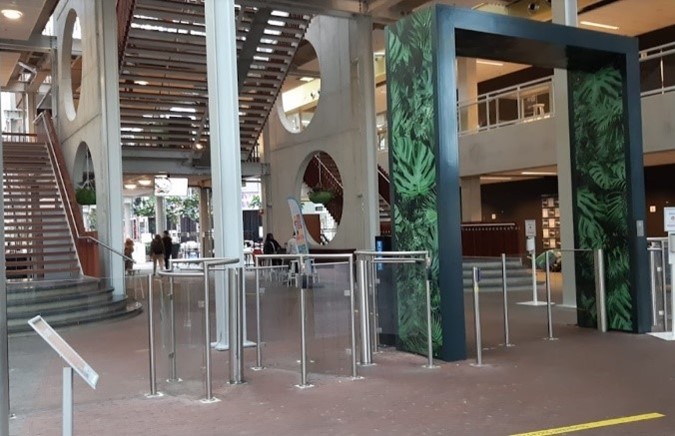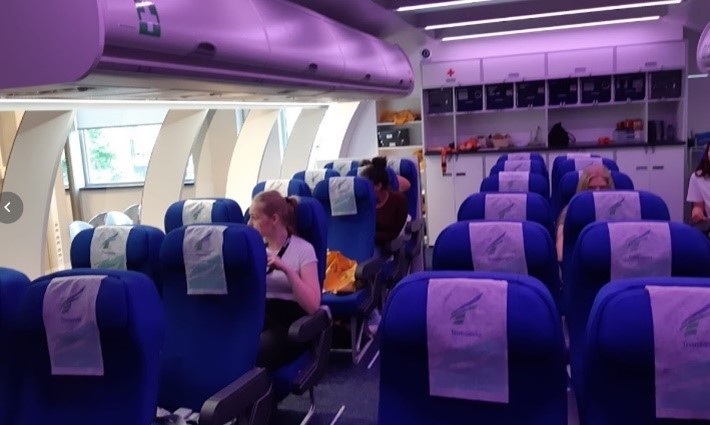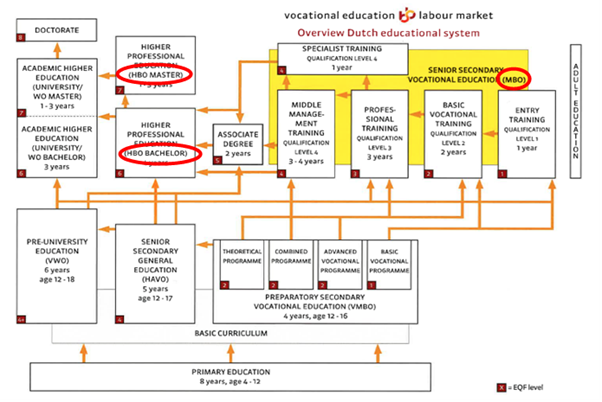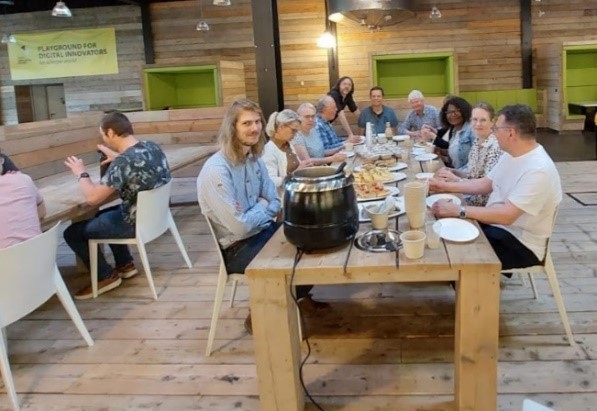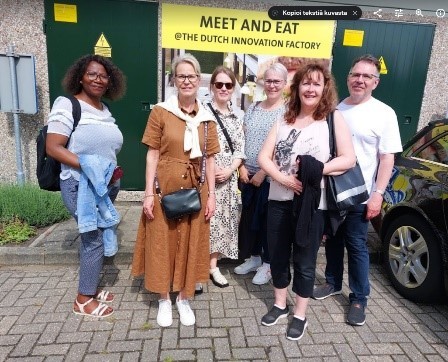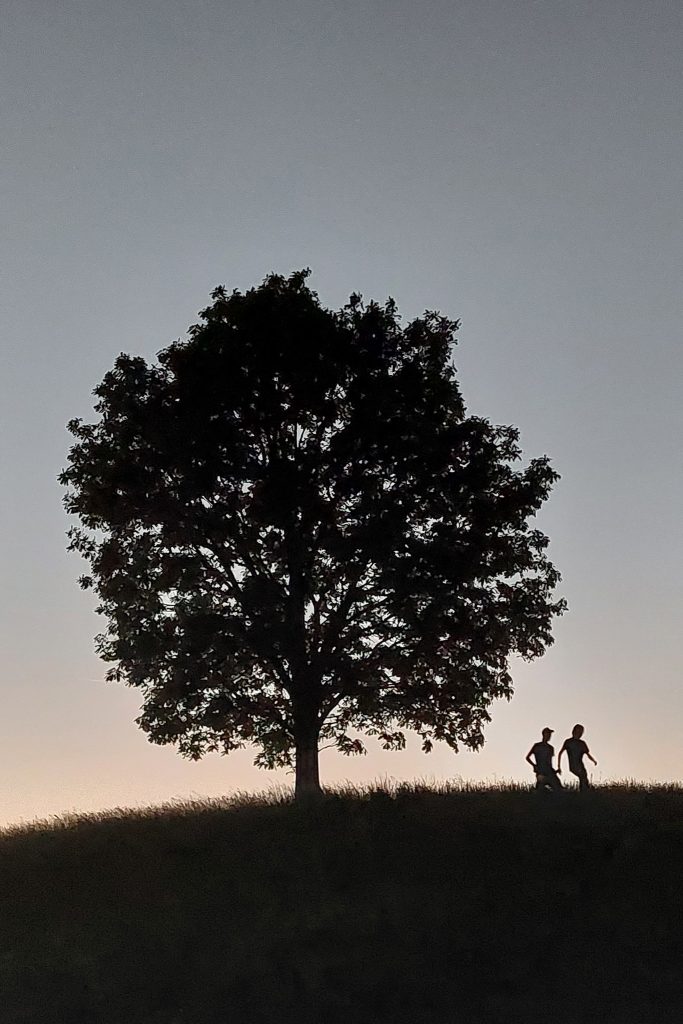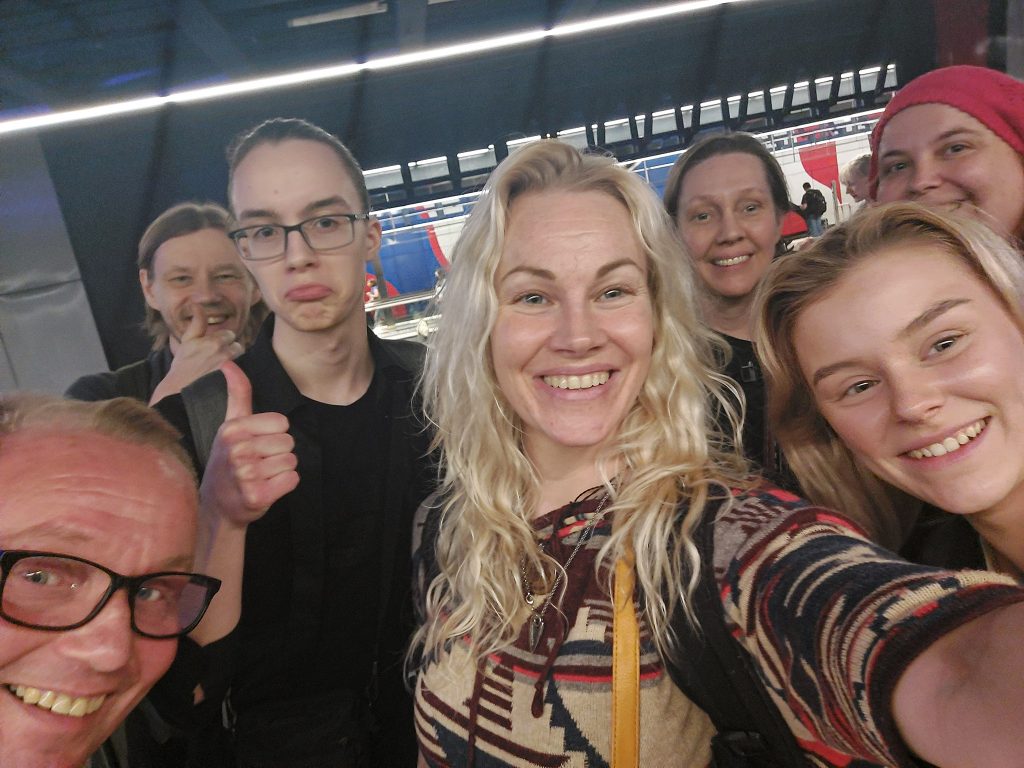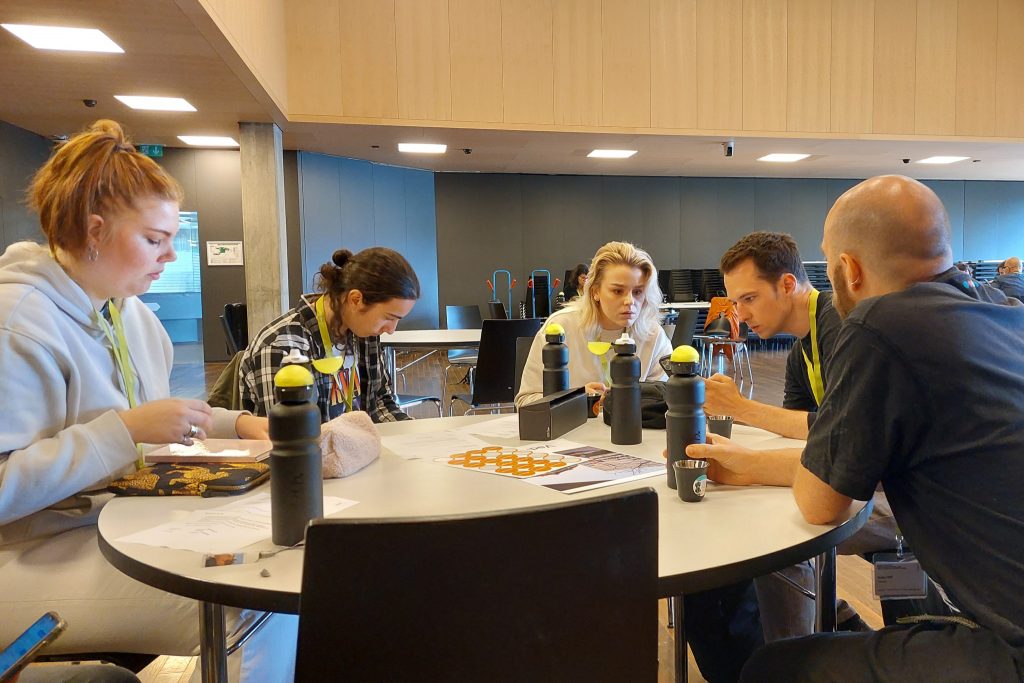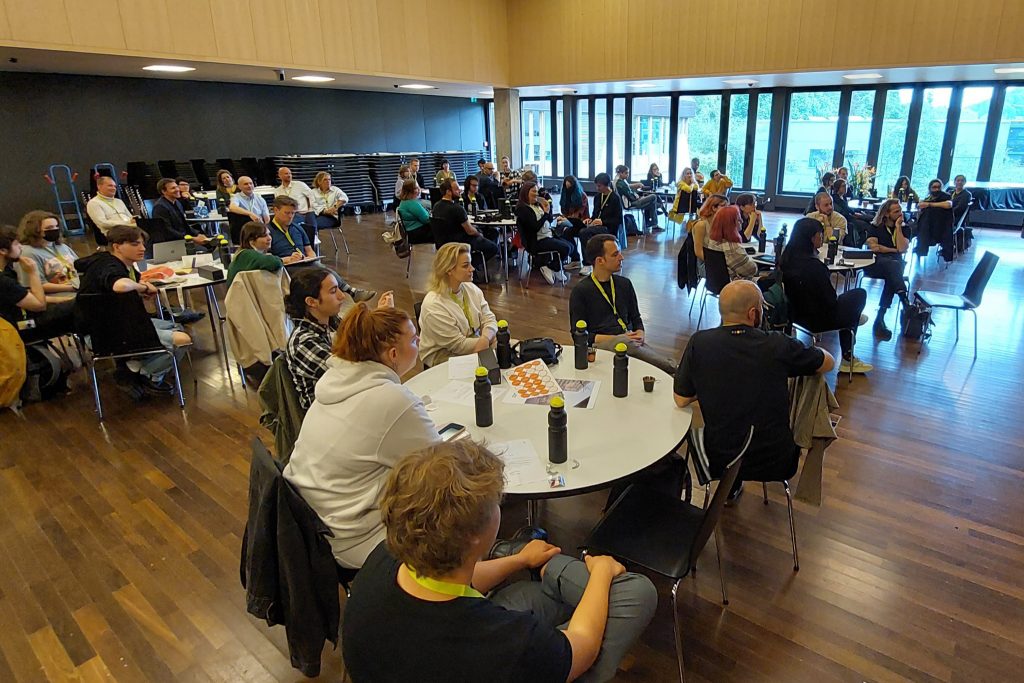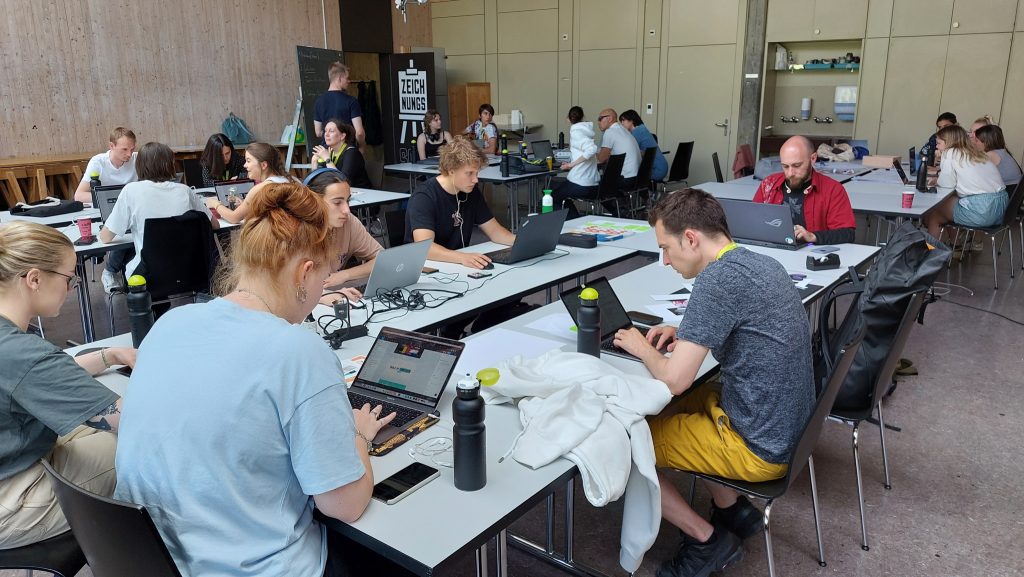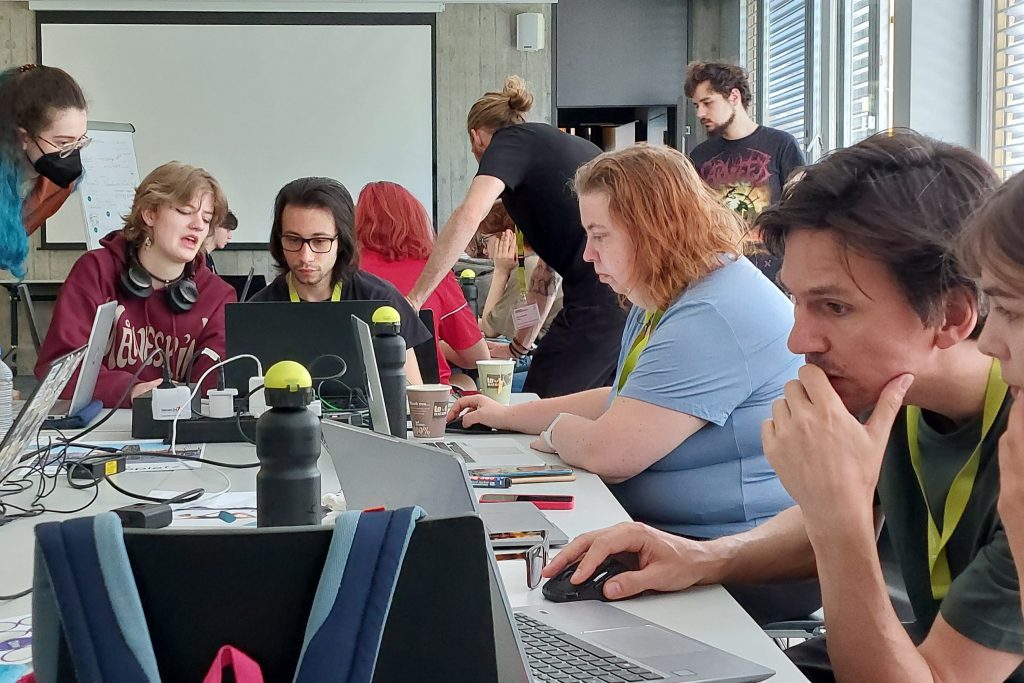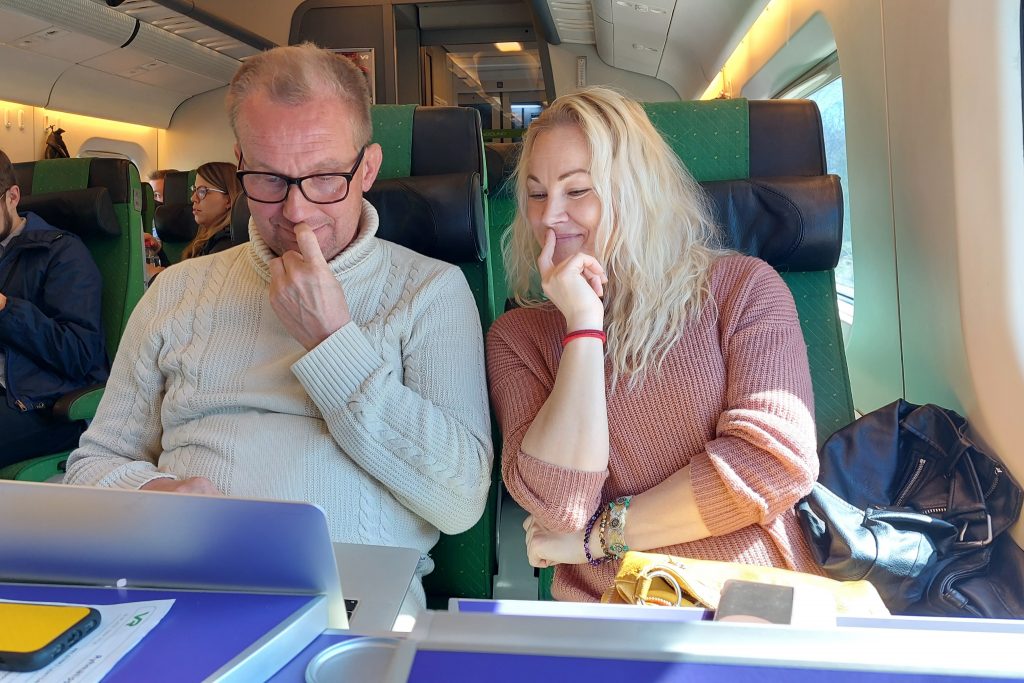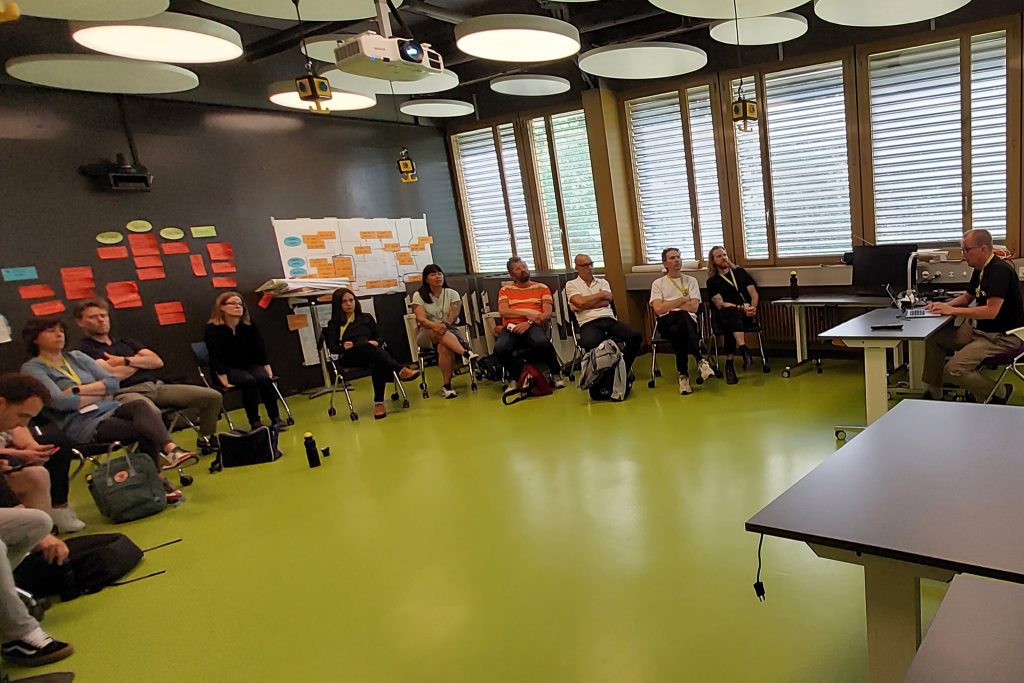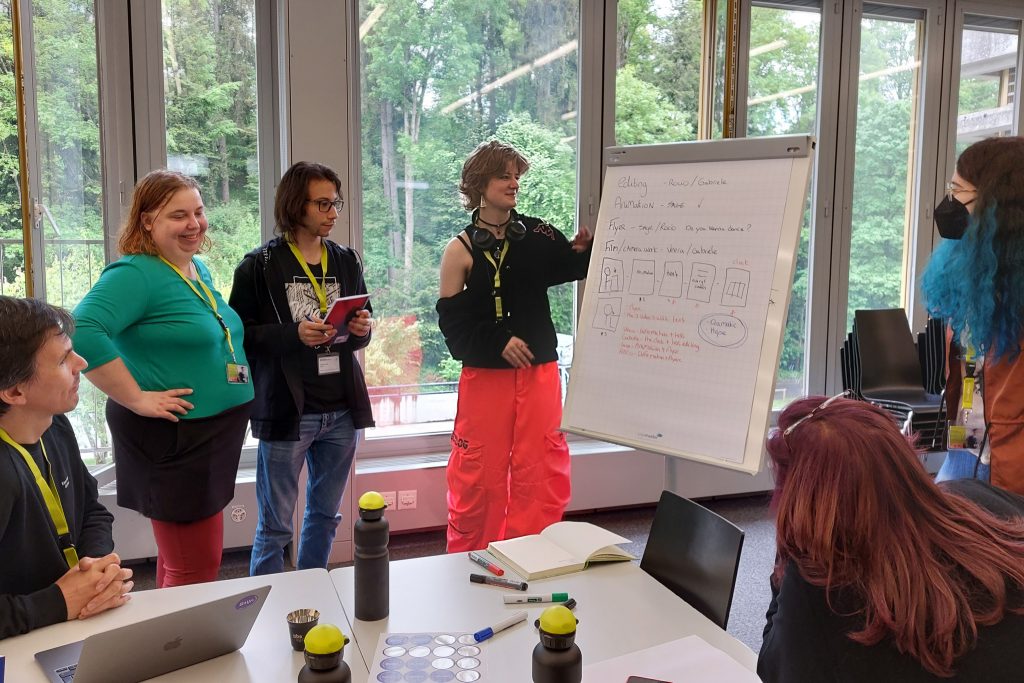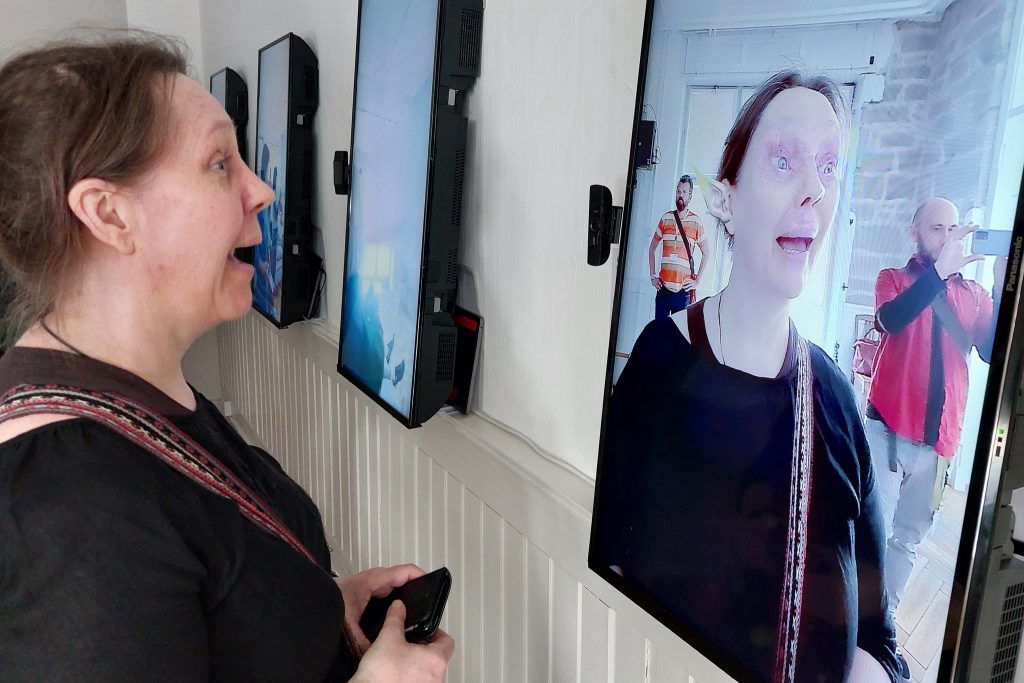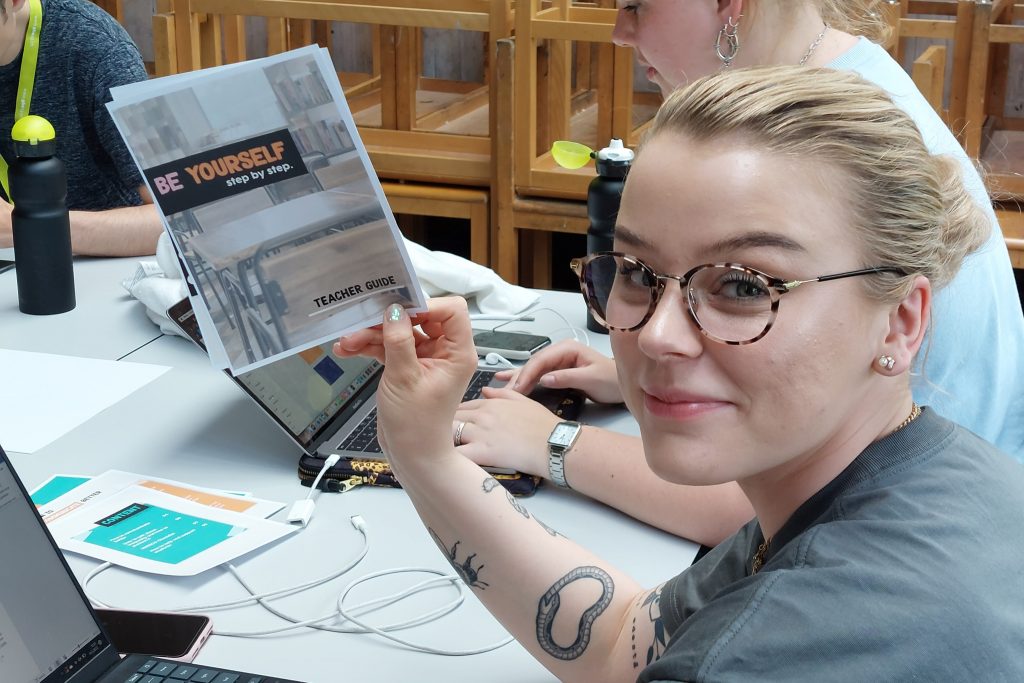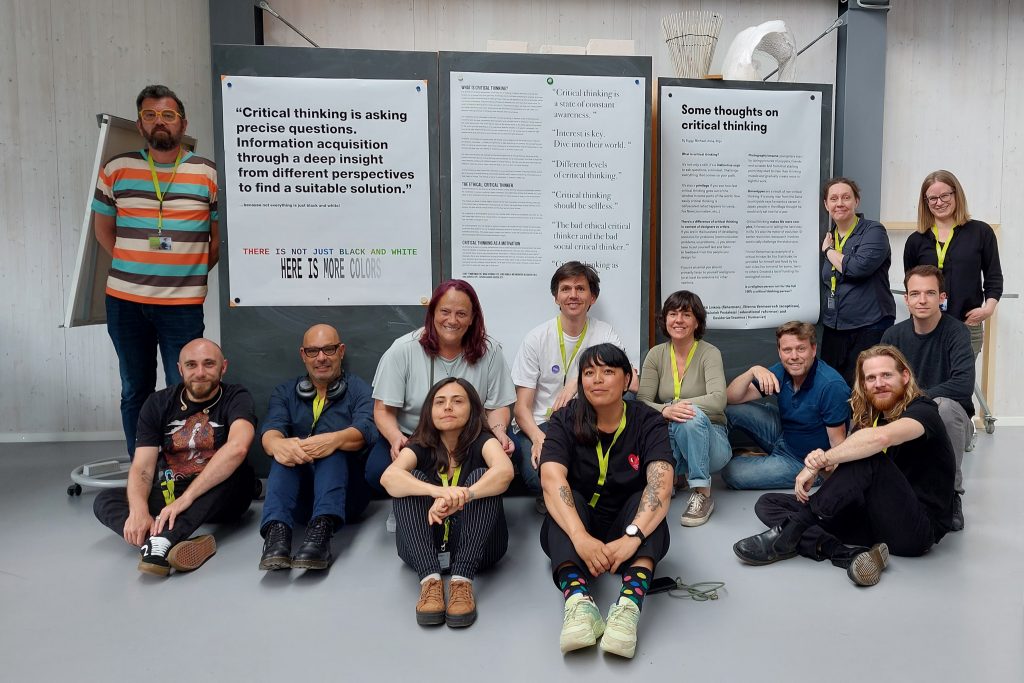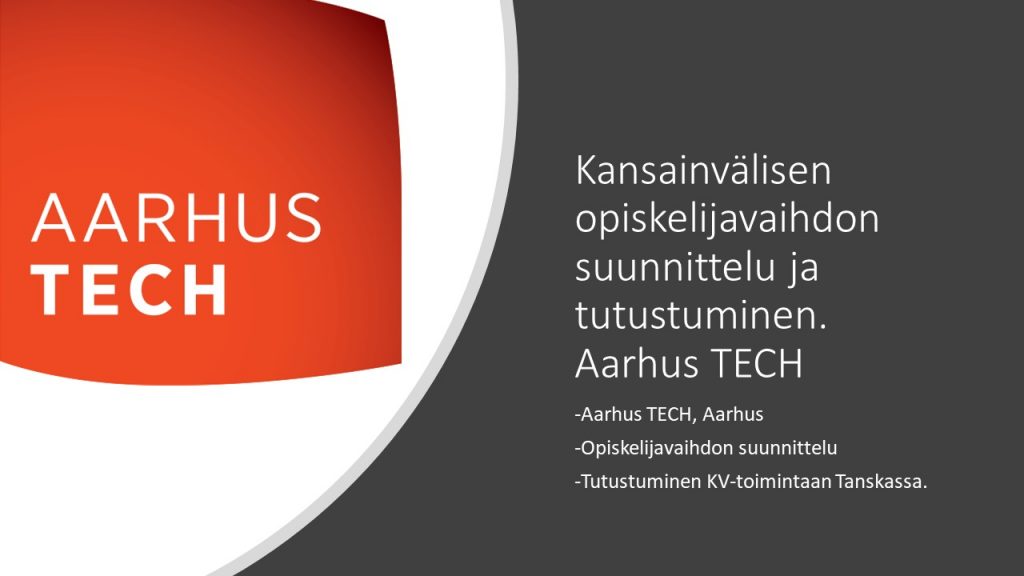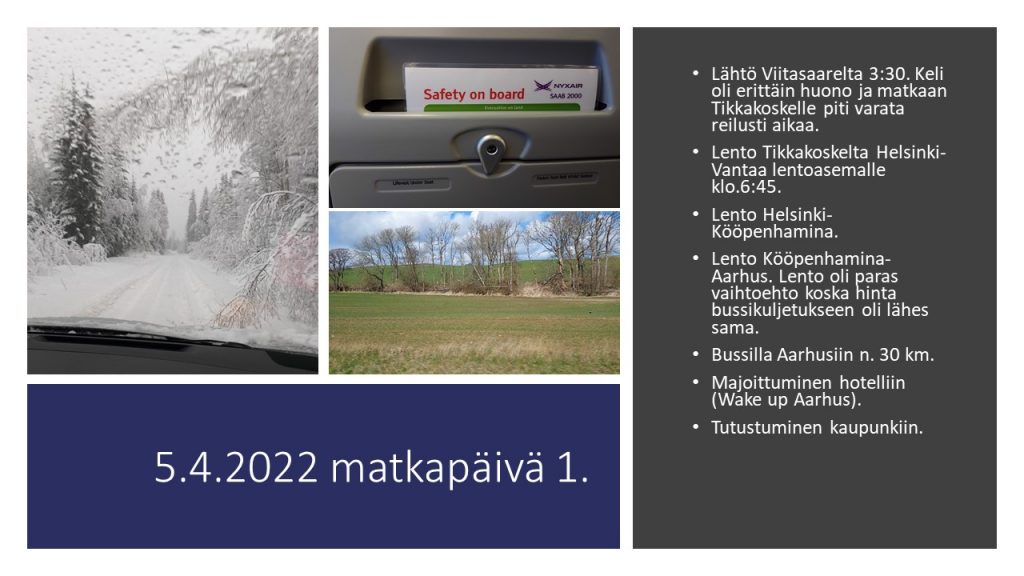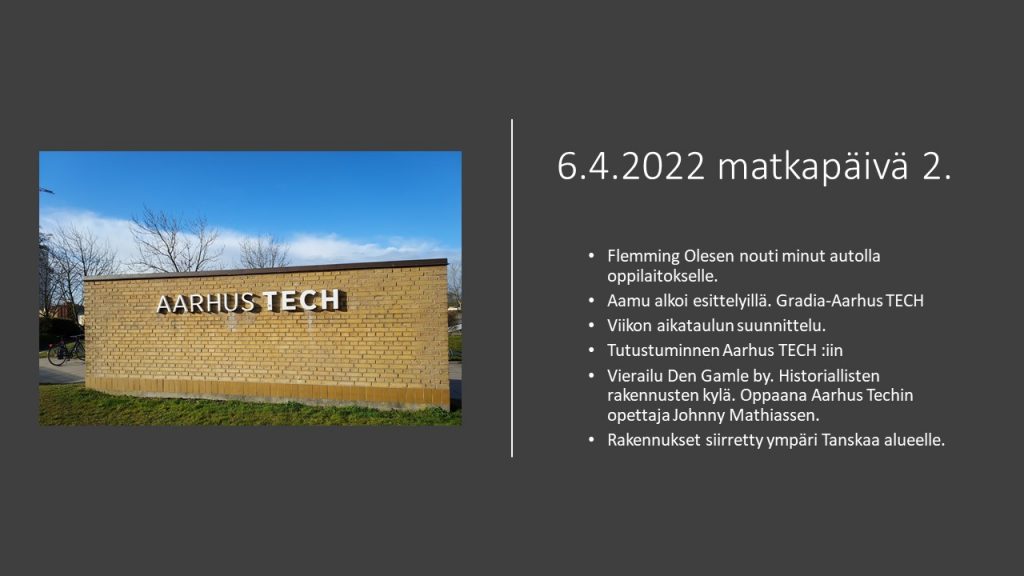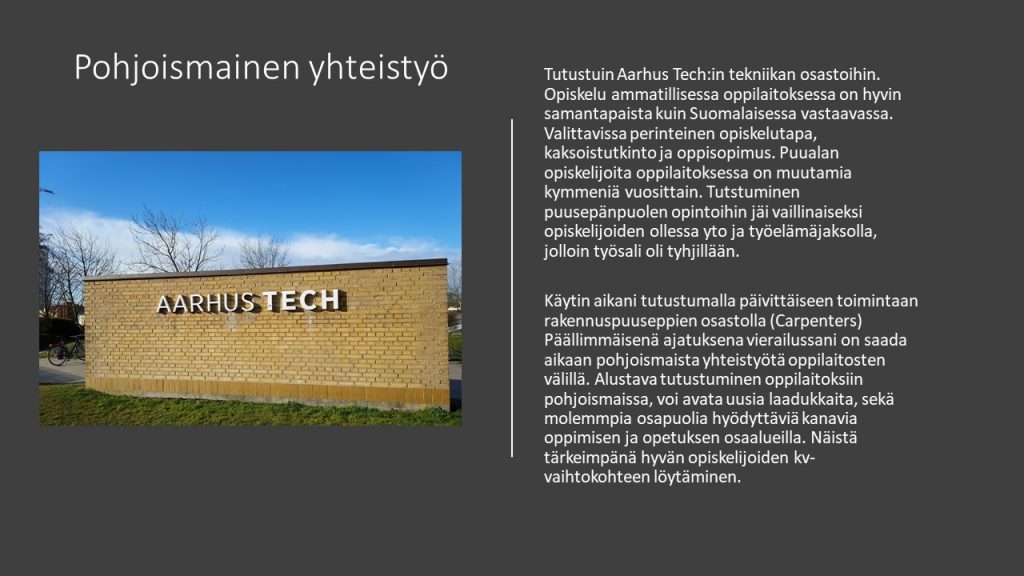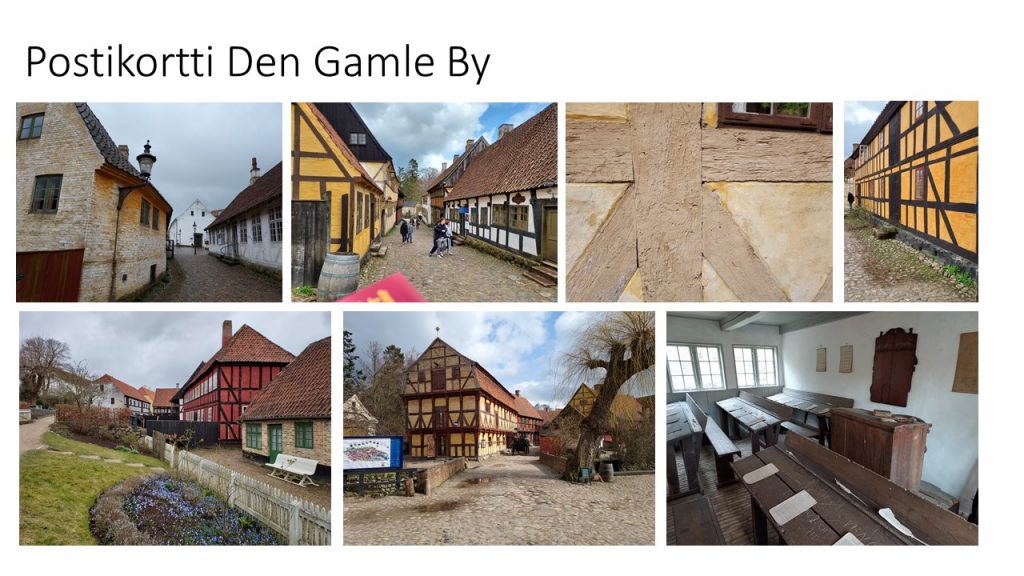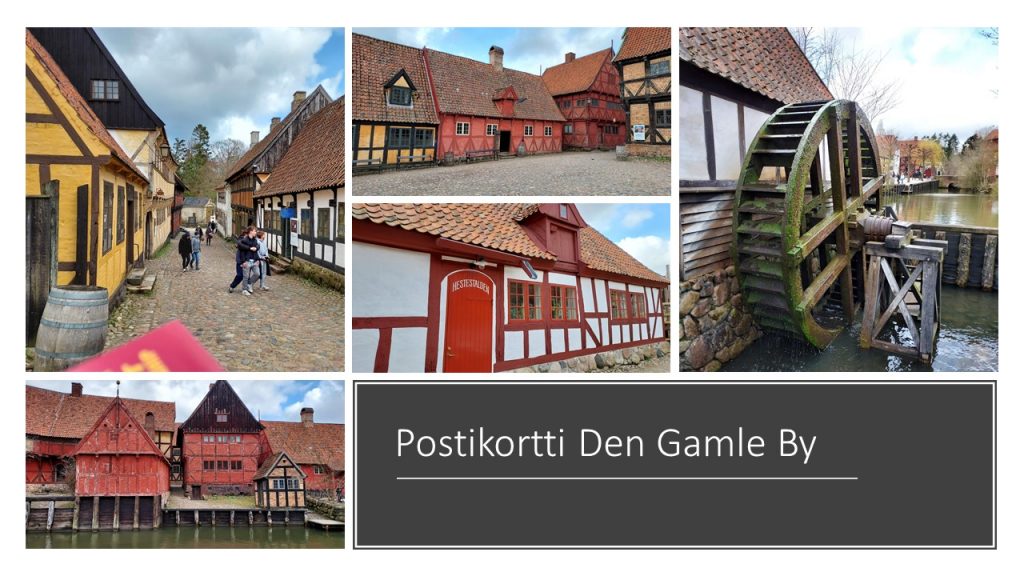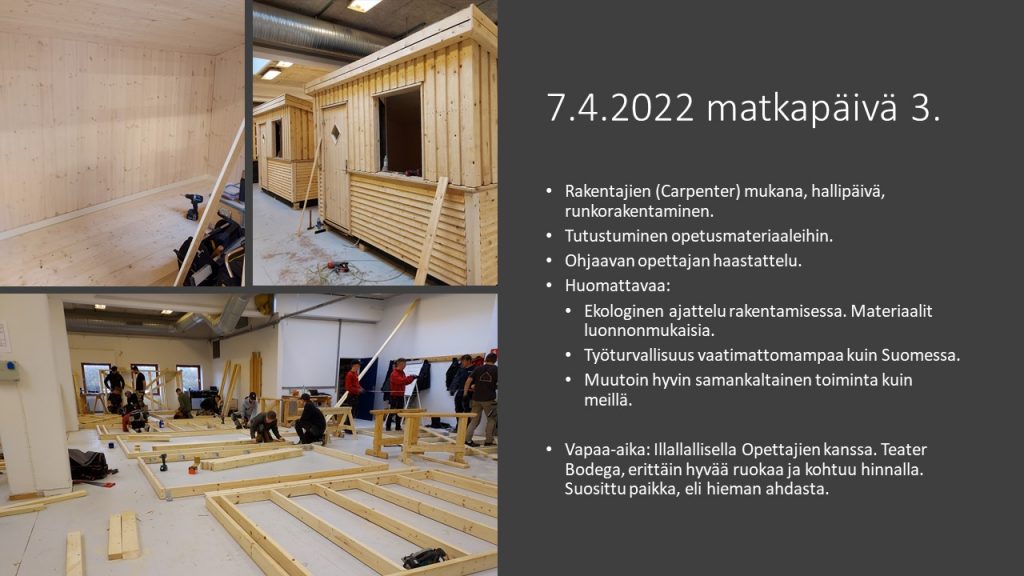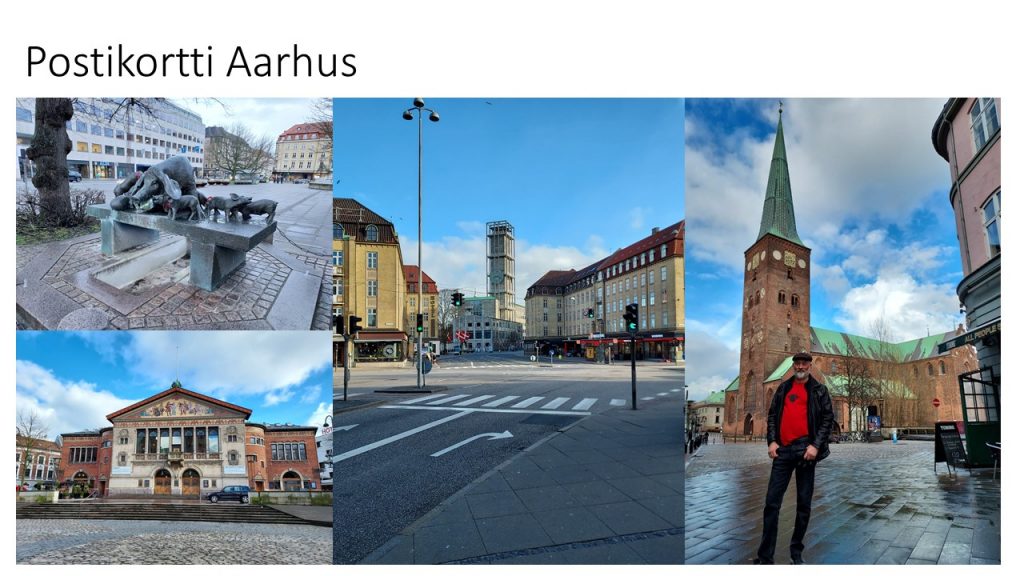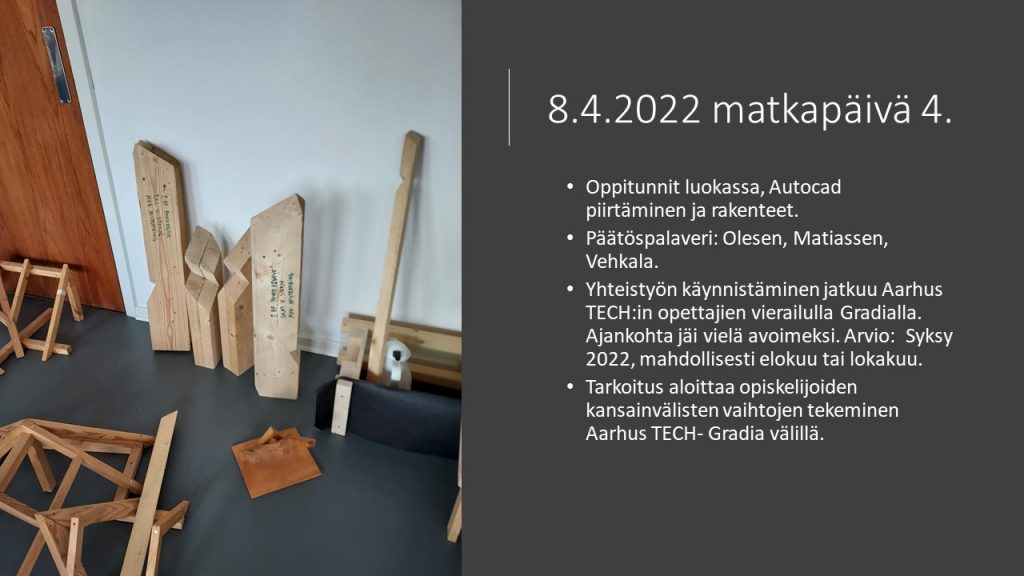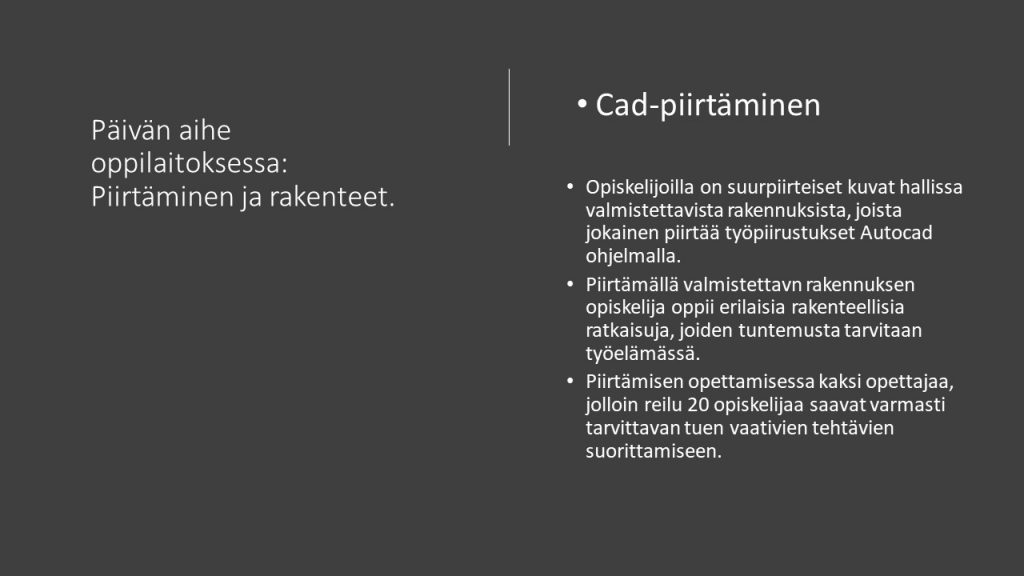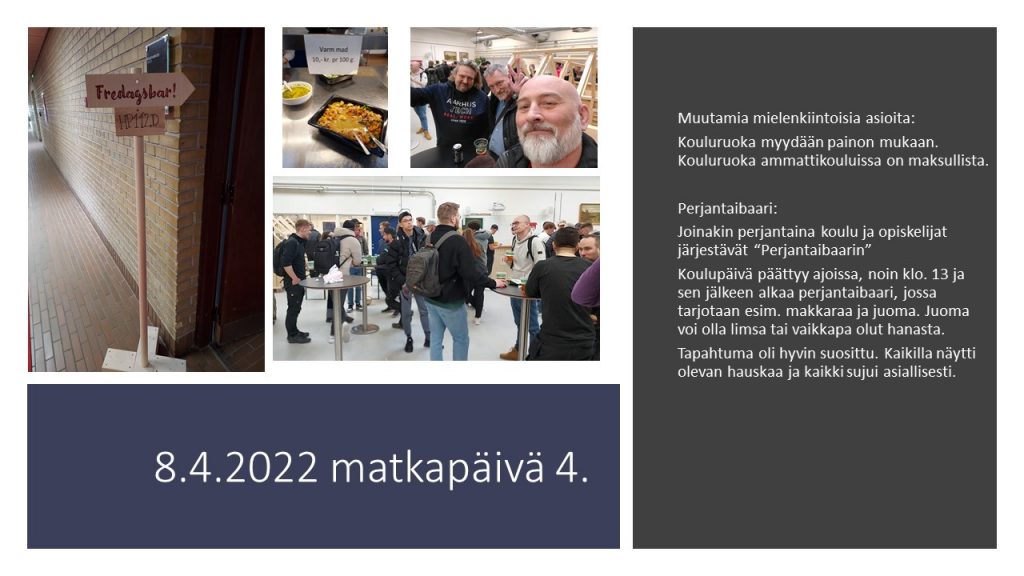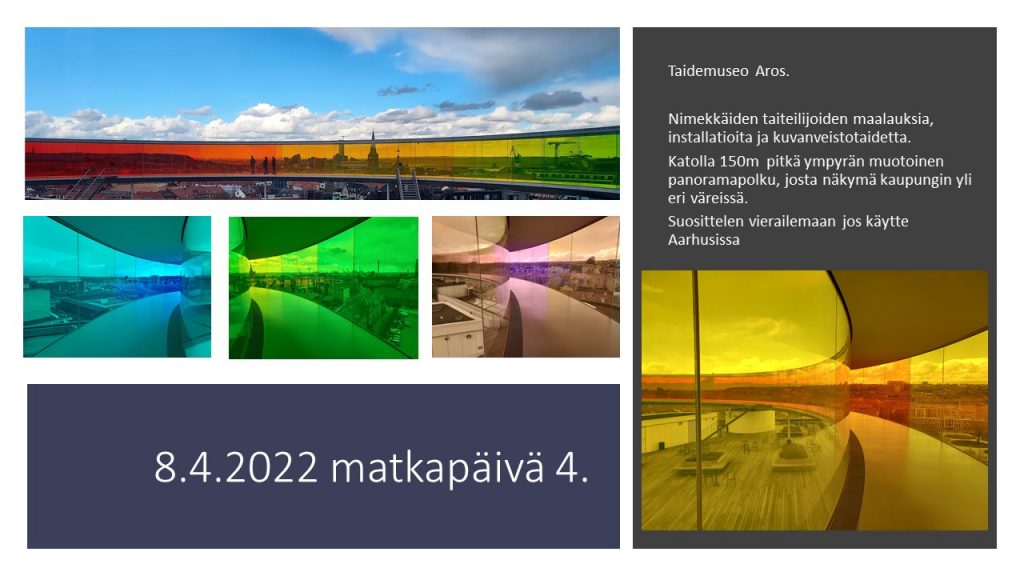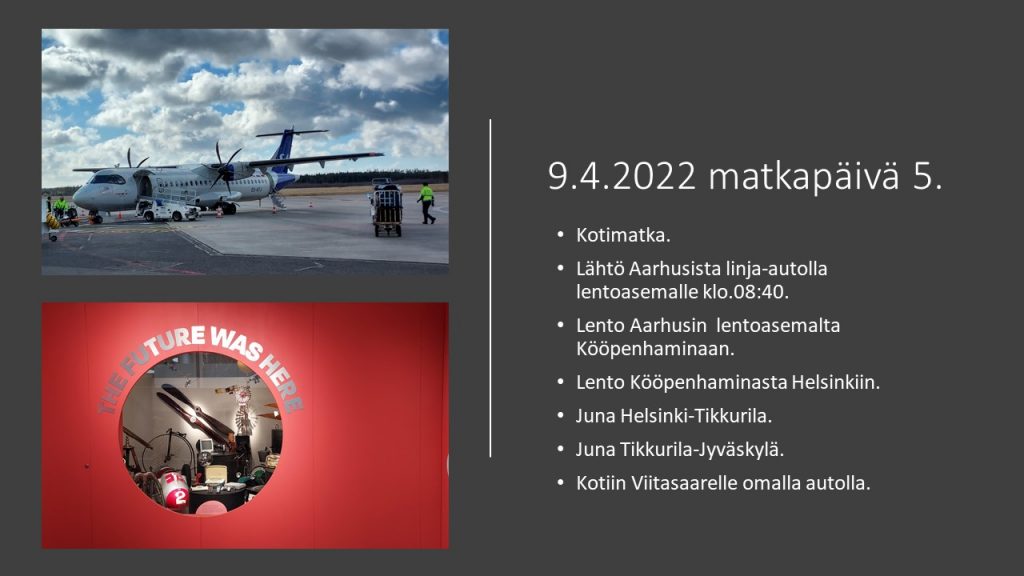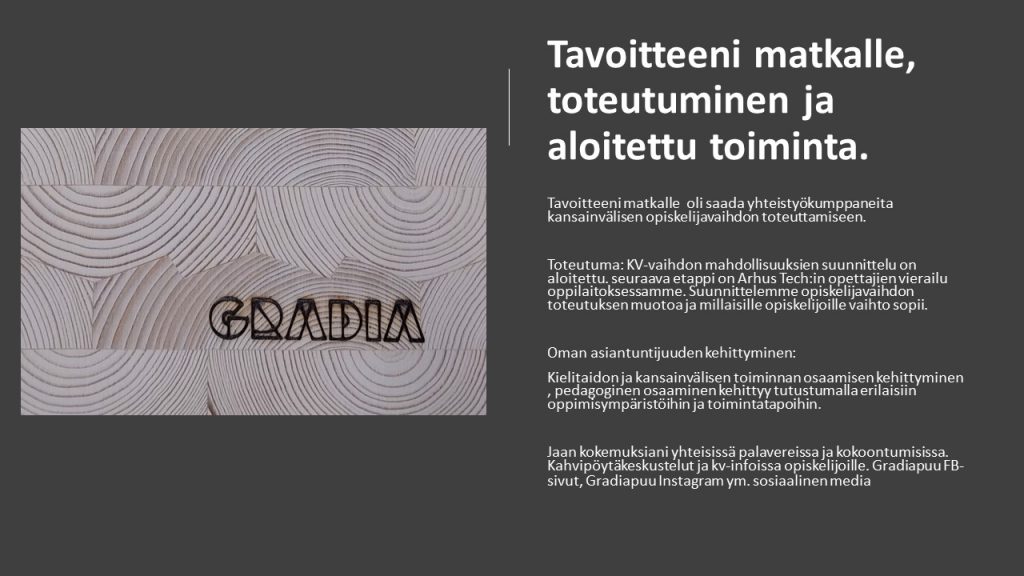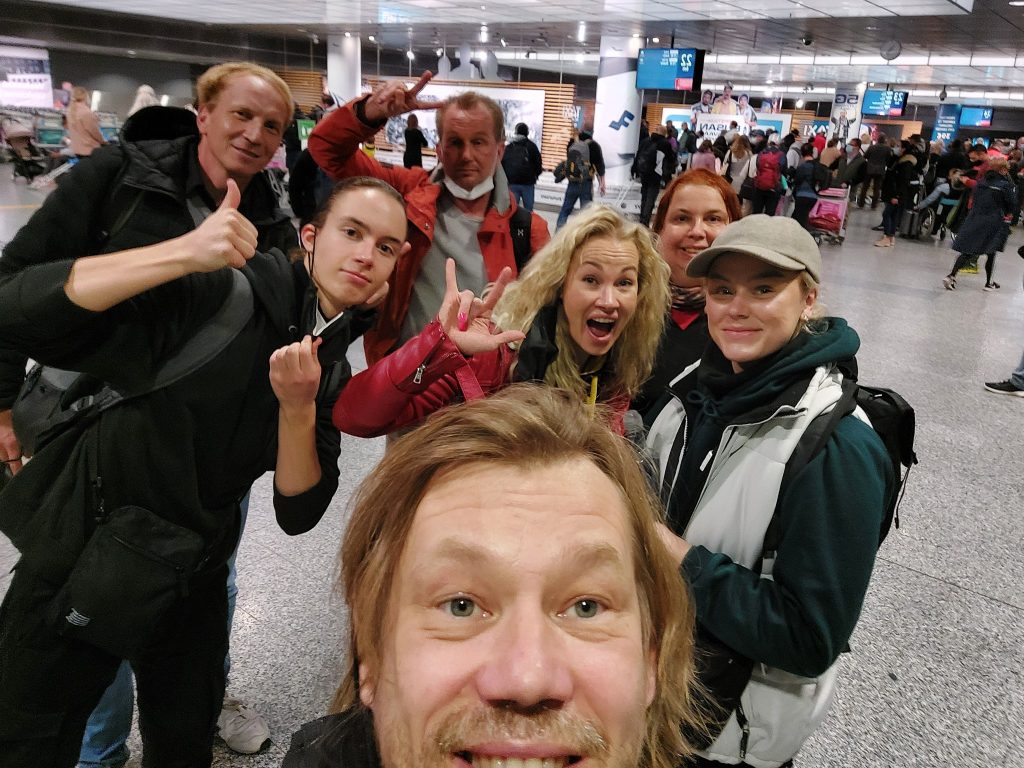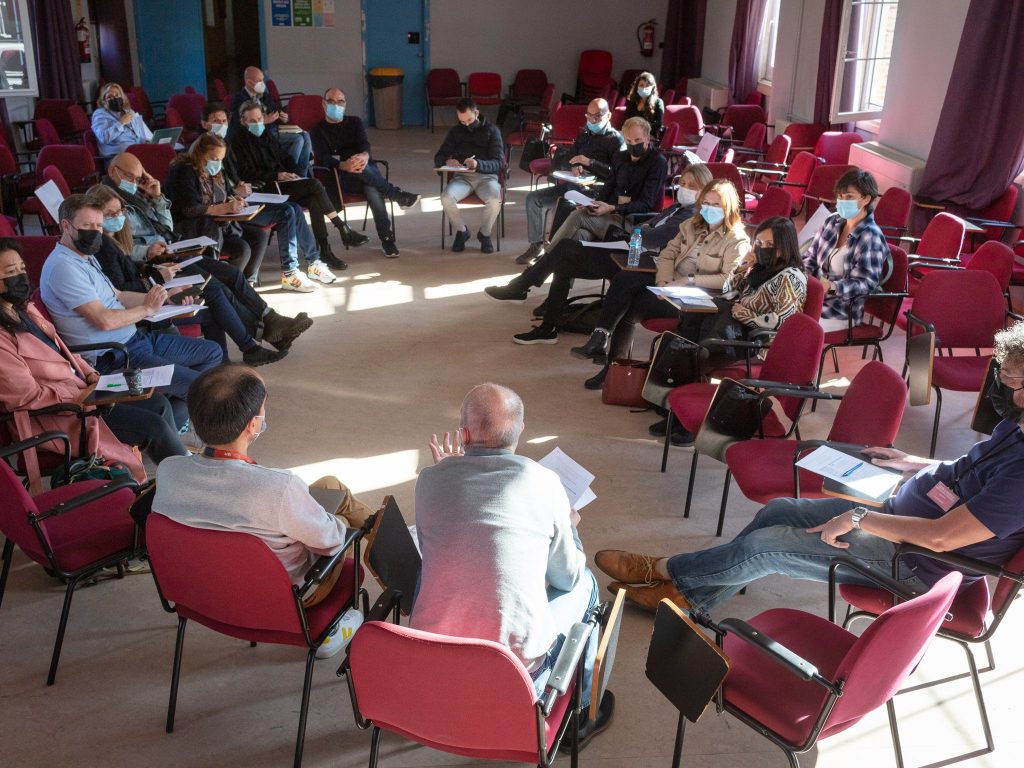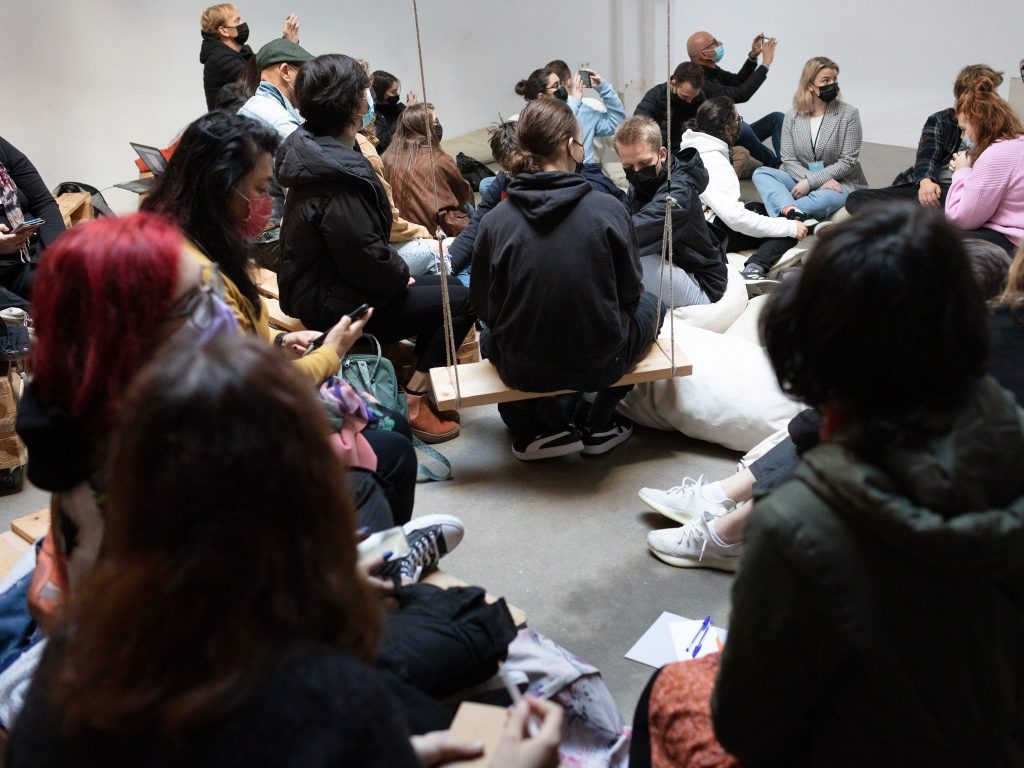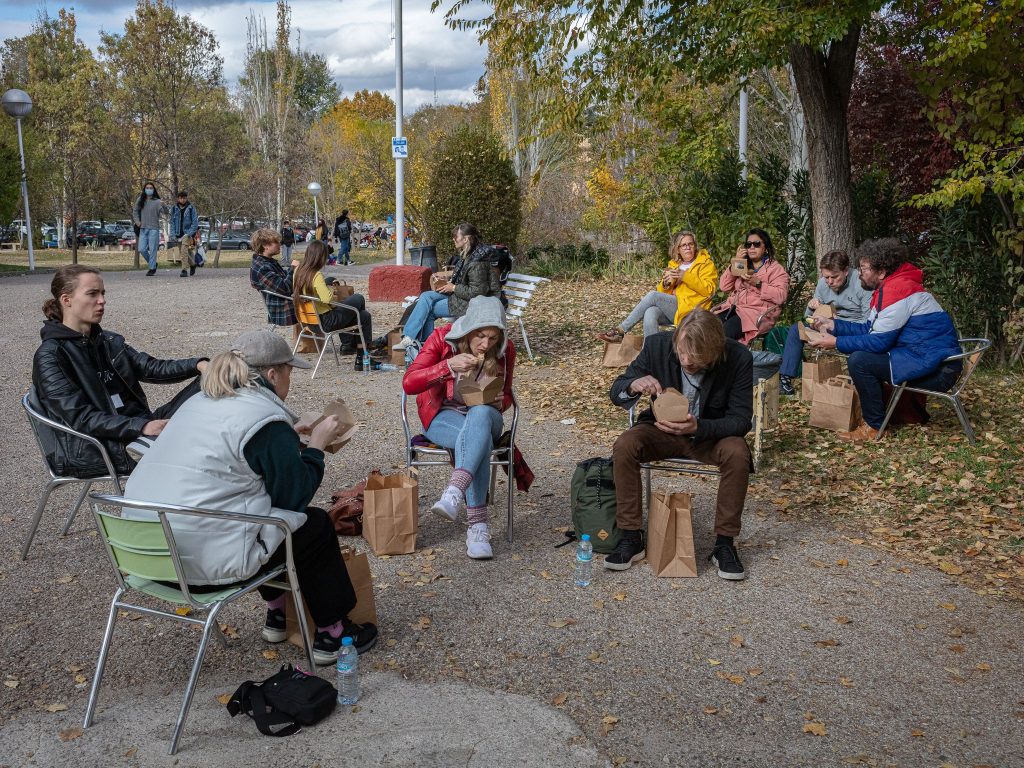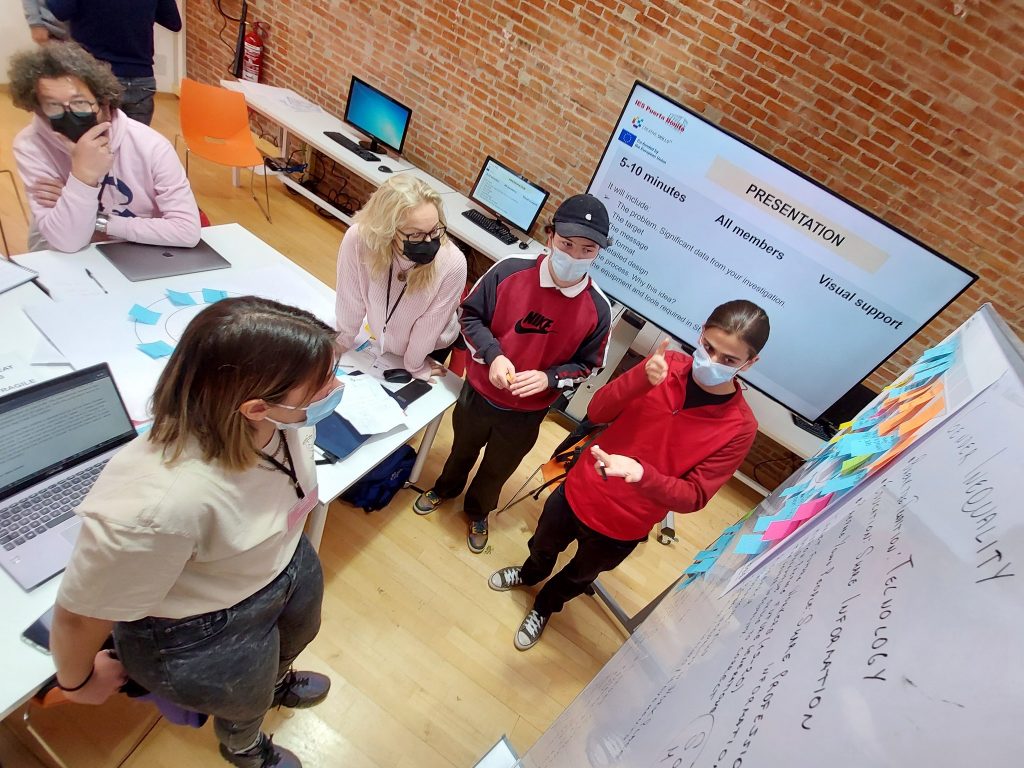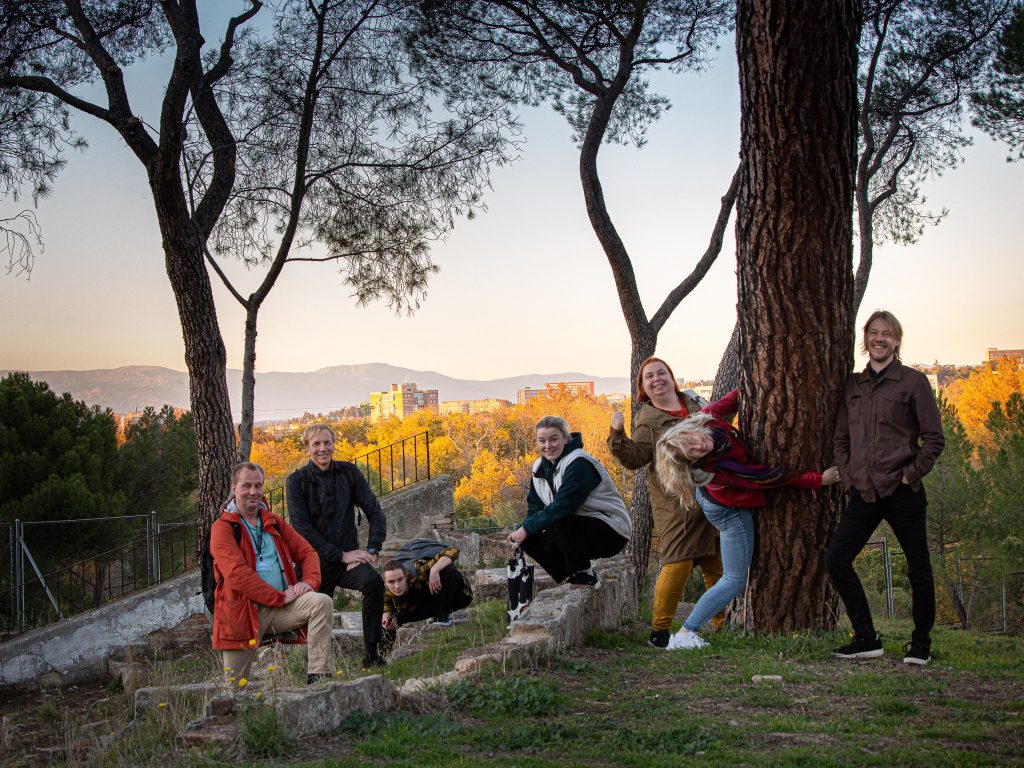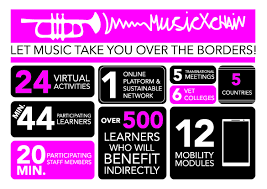Teksti ja kuvat: Pia Tuomi-Sorjonen, Pia Manninen ja Rea Tuominen
Yksi Finn-Net -verkoston yhteistyömuoto on yhteiset henkilöstöliikkuvuudet. Finn-Netin jäseniä ovat Gradian lisäksi Tredu, Varia ja Salpaus. Toukokuun 2022 ryhmävaihtoon Alankomaihin osallistui kolme gradialaista sekä kaksi opettajaa Tredusta. Vierailukohde oli Deltion College Zwollessa. Deltion College on yksi The Dutch Alliance -verkoston jäsenistä. Molemmat em. verkostot kuuluvat Network of Networks -verkostoon eli ovat osa verkostojen verkostoa. Lisätietoa verkostoista tämän artikkelin lopussa.
Matkalle lähtö
Matkamme Zwolleen ja Deltion Collegeen alkoi Jyväskylän rautatieasemalta maanantaina 16.5. klo 7:19 lähteneellä junalla kohti Helsinki-Vantaan lentoasemaa. Matkaseurueeseen liittyi Tampereelta meidän gradialaisten (Pia Tuomi-Sorjonen, Pia Manninen sekä Sari-Anna Ikonen) lisäksi kaksi opettajaa Tredusta, Vesa Ala-Lahti ja Satu Veijalainen. Olimme heidän kanssaan jo ”Teams:sta tuttuja”, sillä matka oli koronan vuoksi siirtynyt parilla vuodella ja olimme ehtineet pitää Teams-palavereita jo useamman kerran ennen varsinaista matkaa. Matkalla saimme puhelun Tarja Jeskaselta, joka ilmoitti, ettei meille ollutkaan majoitusta Zwollessa.
Luottokorttiongelman vuoksi hänen tekemänsä hotellivaraus oli peruuntunut. Laskeuduimme Amsterdamiin, josta matka jatkui junalla Zwolleen. Zwollen asemalta jatkoimme taksilla kohti Tarjan löytämää uutta majapaikkaa. Ensimmäisen yön jouduimme yöpymään kaukana keskustasta jonkinlaisessa kesämotellissa. Jo ovelta vastaan iski ummehtunut ilma ja homeen haju. Olisimme syöneet illallista ko. paikassa, koska edellinen ateria oli nautittu Helsingissä lentokentällä klo 12, mutta heillä ei ollut ruokatarjoilua muuten kuin aamiaisella. Lähin kylä, jossa olisi kauppa ja bussipysäkki, oli n. 5 kilometrin päässä majapaikastamme. Lähdimme kuitenkin iltakävelylle toiveena löytää edes huoltoasema, josta saattaisi saada jotakin syötävää. Muutaman kilometrin matkalla näimme ainoastaan vuohia, lehmiä ja hevosia laitumillaan. Jouduimme siis käymään yöpuulle vatsat kurnien.
Tiistai 17.5.
Ensimmäisenä aamuna meidät toivotti tervetulleeksi Deltion Collegen rehtori Marieke Doosje, minkä jälkeen yksikön/osastonjohtaja Kirsten Slot-Lim esitteli meille koulua ja sen toimintaa. Kampuksen koko on valtava, koululla opiskelee n. 16 000 opiskelijaa.
Jolanda Koopman kertoi meille opiskelijahankinnasta ja markkinoinnista ja Stephen Demmer yrittäjyysasioista. Lounaalla nautimme opiskelijoiden valmistaman ja tarjoileman aterian koulun yhteydessä toimivassa ravintolassa. Deltionissa sattui samalle päivälle Deltion Discover-päivä, joka oli tarkoitettu yläkouluikäisille nuorille, jotka ovat valitsemassa jatko-opiskelupaikkaa. Eri koulutusaloilta oli sekä opiskelijoita että opettajia esittelemässä alan koulutusta.
Pääsimme käymään myös matkailu- ja ilmailualan koulutuksen opetustiloissa, johon oli rakennettu mm. osa lentokoneen matkustamosta. Koululla on yhteistyötä KLM-lentoyhtiön kanssa. Koulussa on tarjolla koko koulutusalojen kirjo mukaan lukien lentokoneasentajalinja. Lentokoneasentajaopiskelijat pääsevät harjoittelemaan tulevaa työtään F16-hävittäjillä, joita on edelleen käytössä useamman maan ilmavoimilla.
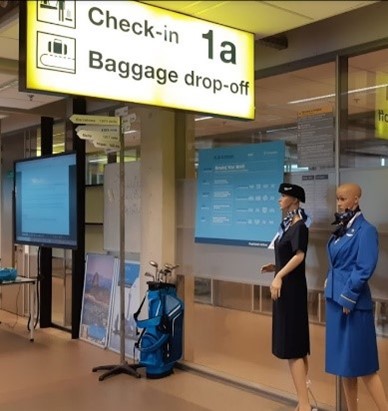
Lounaalle seuraamme liittyi myös muutamia yksikön opettajia. Opettajat olivat kiinnostuneita suomalaisten varautumisesta mahdolliseen Venäjän hyökkäykseen. Keskustelimme sen lisäksi mm. Suomen koulutusjärjestelmästä, äitiyslomista, talvisodasta, jääkiekosta, Natosta, asuntojen hinnoista sekä opettajien lomista. Hollannissa opettajilla on lomaa 12 viikkoa vuodesta, joista kuusi sijoittuu kesäajalle. Äidinkielen opettajat kertoivat, että Hollannissa ongelmana on se, että nuoriso ei enää osaa lukea ja kirjoittaa. Kerroimme, että sama ongelma on myös meillä Suomessa.
Iltapäivällä kolme muuta opettajaa esitteli meille opetuksessa käytettävää teknologiaa, mm. pakohuonepeliä, VR-laseja sekä robottia, joka eteni laudalla, kun laskutehtävät oli suoritettu oikein. Nämä oli luonnollisesti tarkoitettu nuorempien opiskelijoiden, esimerkiksi matematiikan, opetuksessa käytettäviksi. Tämän jälkeen siirryimme tapaamaan Helma Mulleria ja Erik aan de Steggeä, jotka opettavat taloushallintoa. Huomasimme, että taloushallinnon opiskelijat sekä Suomessa että Hollannissa ovat samanlaisia. He haluavat etäopetuksen sijasta tulla kouluun opiskelemaan ja he haluavat käyttää oppikirjoja. Atk-kirjanpitoa Deltionissa opetetaan 40 hengen ryhmälle valtavan suuressa luokassa, opettajia on yhtä aikaa läsnä kolme. Tästä ollaan kuitenkin luopumassa ja opetus toteutetaan jatkossa pienemmille ryhmille. Illallisen söimme toisessa opiskelijavoimin ylläpidetyssä ravintolassa koululla, jossa läsnä oli taas muutamia yksikön opettajia.
Keskiviikko 18.5.
Seuraavana aamuna vierailukohteenamme oli Deltion Sprint Lyceum. Olimme ilmoittaneet kiinnostuksesta tutustua aikuiskoulutukseen. Hollannissa aikuiskoulutus on kuitenkin jotakin sellaista kuin meillä valma, oksa, mava tai tuva. Mielenkiintoista oli kuitenkin kuulla niistäkin asioista.
Alakomaissa nuoret jaetaan 12-vuotiaina kolmeen ryhmään. Osa siirtyy koulutukseen, joka valmistaa ammatillisiin opintoihin (4 vuotta), osa siirtyy ammattikorkeakoulutasoiseen opiskeluun valmistaviin opintoihin ( 5 vuotta) ja loput sitten suuntaavat akateemiseen opiskeluun valmentavaan koulutukseen (6 vuotta). Jos opiskelija jossakin kohtaa syystä tai toisesta ”putoaa kyydistä”, hänet ohjataan ”aikuiskoulutukseen”, jotta opiskelijan on mahdollista sitten jatkaa opintojaan edellä mainitulla omalla tasollaan. Kävimme mielenkiintoisa keskusteluja koulun rehtorin Jan Drentjen kanssa. Koska kyseisenä päivänä koulussa oli menossa loppukokeet, emme tavanneet opiskelijoita. Lounas syötiin jälleen ravintolassa, jossa aterian olivat valmistaneet ja sen tarjoilivat meille opiskelijat.
Iltapäivällä siirryimme paikalliselle ammattikorkeakoululle Windesheimiin, jossa meille esiteltiin koulun tiloja, sen toimintaa ja käytiin mielenkiintoisia keskusteluita opettajien kanssa mm. taloushallinnon aineiden opetuksesta. Ammattikorkeakoulu Hollannissa kestää neljä vuotta. Toisena vuonna on harjoittelu. Lopputyö, joka tavallisesti tehdään jollekin yritykselle, tehdään neljäntenä vuonna. Yksilöllisiä opinpolkuja ei oikeastaan ole, vaan kaikki noudattavat samaa aikataulua. Sari-Anna, joka toimii palkkasihteerinä Gradiassa, oli tällä aikaa tutustumassa Deltion Collegen HR- osastoon Leon Goereen johdolla. Ohjelma päättyi n. klo 17. Ilta oli vapaa. Kaupat Zwollessa menivät kiinni jo klo 18, joten ostoksille emme oikeastaan ehtineet.
Torstai 19.5.
Torstaina vuorossa oli retki noin kahden tunnin junamatkan päässä sijaitsevaan Zoertermeeriin, jossa toimii Haagin ammattikorkeakouluun kuuluva Dutch Innovation Factory.

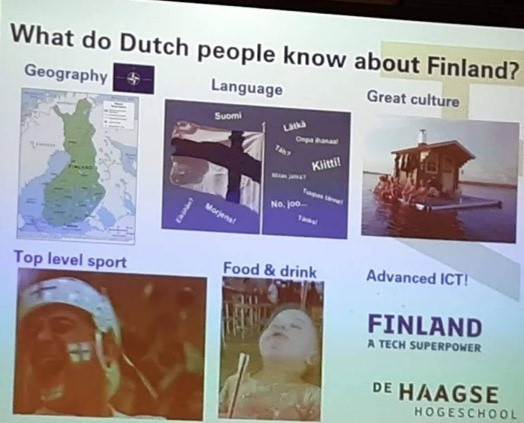
Matkalla mukana olivat Deltionista opettajat Masego ja Ger. Perillä Dave Stikkorum kertoi hollantilaisesta ammattikorkeakoulutuksesta yleensä sekä heidän oppilaitoksensa ja Innovation Centerin toiminnasta. Oppilaitoksessa opiskelee opiskelijoita useasta eri maasta. Rakennuksessa on myös erilaisten start-up-yritysten toimitiloja. Jaap de Bie piti meille hauskan esityksen koulutuksen kansainvälistymisestä. Hän oli myös käynyt Helsingissä. Lounaalla seuraamme liittyi oppilaitoksen muutakin henkilökuntaa.
Lounaan jälkeen tutustuimme opiskelijoiden projekteihin. Yksi ryhmä oli suunnittelemassa lentokentälle porttia, joka jollakin tavalla seuloo matkustajat oikeaan paikkaan. Toinen ryhmä suunnitteli peliä, jonka tarkoituksena oli aktivoida lapsia liikkumaan ja käyttämään kehoaan pelin hahmojen liikuttamiseen ruudulla. Paluumatkalla Zoertermeeristä Zwolleen tuli jonkin verran mutkia matkaan, sillä rankkasateen vuoksi kaksi junavuoroa oli jouduttu perumaan.
Jäähyväisillallinen meille tarjottiin kaupungin ykkösravintolassa, joka sijaitsi kauniilla paikalla vanhassa rakennuksessa pienessä puistikossa kanaalin rannalla. Seurana meillä oli Kirstenin ja Masegon lisäksi muutama uusi opettajatuttavuus Deltionista. Puhetta riitti koulutusasioista ilmastonmuutoksen vaikutuksiin Suomessa ja Hollannissa.
Perjantai 20.5.
Paluumatkalle Zwollesta lähdimme aamulla klo 7:43 junalla, joka vei meidät suoraan Schipholin lentokentälle. Lento oli tällä kertaa Finnairin ja koneena Airbus A350-900. Helsinki-Vantaalta palasimme junalla Jyväskylään, jossa olimme kahdeksan maissa illalla.
Deltion College
Deltion College on toisen asteen oppilaitos, joka tarjoaa pitkälti samoja opintoja kuin Gradia. Oppilaitoksen henkilöstömäärä on 1794. Tarkempi vierailukohteemme oli Economics Department (Economics, Entrepreneurship, Legal, Insurance). Business Schoolissa opiskeluaika on tavallisesti kolme vuotta, joista viimeinen vuosi on työharjoittelua neljä päivää viikossa ja yksi päivä opiskellaan koululla. Eri aloilla saattaa olla erilaisia käytäntöjä. Opiskelijamaksu on vuodessa 1600 € yli 18 vuotiailta, alle 18 vuotiaat opiskelevat ilmaiseksi. Opiskelijat hankkivat oppikirjat sekä joitakin muita omaan koulutukseensa liittyviä tarvikkeita tai välineitä itse. Ilmaista kouluruokaa ei ole, vaan opiskelijat maksavat siitä. Eri oppilaitosten välillä on kilpailua opiskelijoista. Deltion College tarjoaa mm. ilmaiset bussimatkat rautatieasemalta kampukselle.
Vierailuamme emännöi yksikön/osastonjohtaja Kirsten Slot-Lim ja joka kohteessa seuranamme oli myös muutamia yksikön opettajia. Hollantilaiset ovat ystävällisiä, rentoja ja huumorintajuisia. Lähes jokainen esitys alkoi anteeksipyynnöllä siitä, että esiintyjän englannin kielen taito on heikko tai ruosteessa, mutta kaikki puhuivat poikkeuksetta erinomaista englantia. Hollantilaiset opettajat ovat kovin kiinnostuneita suomalaisesta koulutusjärjestelmästä ja Suomesta maana muutenkin. He ovat myös hyvin vieraanvaraisia. Kaikissa vierailukohteissa tarjolla oli vähintään kahvia (erikoiskahveja kahvikoneesta), teetä, virvoitusjuomia ja vesipulloja, joskus myös pientä makeaa. Kaikki oppilaitokset, joissa pääsimme vierailemaan, olivat erittäin hyväkuntoisia ja siistejä.
Zwolle
Zwolle on vanha (perustettu n. v. 800), viehättävä kaupunki puistoineen, kanavineen ja vanhoine rakennuksineen. Se sijaitsee n. 70 kilometriä Amsterdamista koilliseen. Kaupungin väkiluku on hiukan yli 120 000. Valitettavasti meille ei jäänyt ylimääräistä aikaa liikkua kaupungissa omatoimisesti. Ohjelmaa oli aamusta iltaan ja aikataulu oli tiukka.


Mitä vierailusta seuraa?
Vierailu oli kokonaisuudessaan hyvin antoisa. Sen tavoitteena oli hankkia tietoja ja eritysosaamista hyvistä käytännöistä ulkomailla, kokeilla ja kehittää uusia oppimiskäytäntöjä, opetusmenetelmiä ja pedagogiikkaa sekä vahvistaa ja laajentaa ammatillista verkostoani. Kaikki tämä toteutui. Deltionilaiset ovat tulossa vastavierailulle Suomeen Treduun Tamperelle sekä Gradiaan Jyväskylään todennäköisesti ensi syksynä. Jatkamme silloin ajatustenvaihtoa heidän kanssaan.
Lisätietoa henkilöstöliikkuvuuksista ja Finn-Net sekä Network of Networks -verkostoista: Rea Tuominen, kv-suunnittelija
